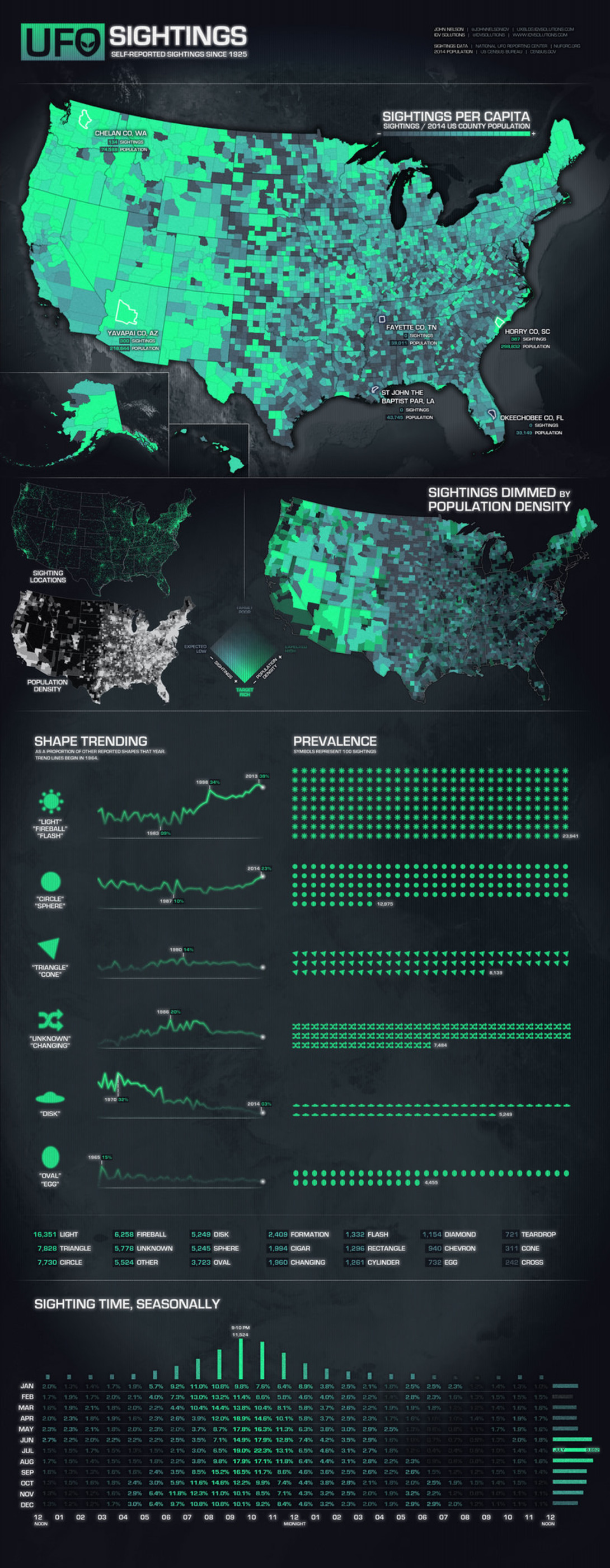Navigating the Future of Work in the Age of Automation
The Fourth Industrial Revolution is upon us, characterized by advancements in technology that are fundamentally transforming industries and the global workforce. The infographic “Will a Robot Take Your Job?” offers insights into the impact of automation on employment and highlights the importance of adapting to the evolving job landscape. With emerging technologies like artificial intelligence (AI), robotics, and biotechnology on the rise, the question isn’t just if automation will change the workforce—it’s how we can prepare for it. Let’s dive into the details and explore the future of work.
The Rise of the 4th Industrial Revolution
The 4th Industrial Revolution encompasses a broad range of technological advancements, including genetics, nanotechnology, artificial intelligence, robotics, 3D printing, and biotechnology. These innovations are creating opportunities for new industries and revolutionizing existing ones, leading to significant shifts in how jobs are performed.
However, with these advancements come challenges. Research shows that nearly 7 million jobs are projected to be lost by 2020 due to automation. Machines, robots, and software are increasingly capable of handling tasks traditionally performed by humans—raising concerns about job security in numerous fields.
Jobs Most Threatened by Automation
The infographic highlights specific roles and professions that face a high risk of automation. Jobs that rely heavily on routine and repetitive tasks are particularly vulnerable. Here’s a breakdown of the occupations most likely to be impacted:
- Legal Secretaries and Paralegals (97.6%): With AI capable of handling documentation, research, and data processing, legal administrative roles are at a high risk of being automated.
- Bookkeepers and Certified Accountants (97%): The automation of financial processes, such as payroll and expense management, threatens jobs in bookkeeping and accounting.
- Local Government Administrative Workers (96.8%): The use of AI-driven systems for managing administrative tasks in government sectors places these jobs at risk.
- Utility Company Engineers (95%): Automated maintenance systems and AI technology for monitoring infrastructure could reduce the need for human engineers.
- Delivery and Taxi Drivers (56.8%): Self-driving vehicles and drone delivery systems are set to replace many jobs in transportation and logistics.
- Pharmacists (94%): Automated pharmacy kiosks and AI-powered drug dispensing systems are capable of performing tasks traditionally done by pharmacists.
This trend reveals that jobs involving repetitive tasks or standardized procedures are highly susceptible to being replaced by machines or software, as automation can often perform these tasks more efficiently.
Will Humans Have a Chance? Emerging Job Opportunities
While automation is expected to replace millions of jobs, it also creates new opportunities. As traditional roles diminish, new jobs will emerge to design, manufacture, and maintain these technologies. The infographic predicts that while 7.1 million jobs may be lost, 2 million new jobs will be created in sectors related to automation and technological innovation.
Future Job Categories:
- Biotechnology Jobs: Microbiologists, biochemists, geneticists, and biomedical engineers are needed to develop and manage the growing fields of genetic engineering, healthcare advancements, and biotechnological innovation.
- Alternative Energy Jobs: With a shift towards renewable energy, roles like wind energy engineers, atmospheric scientists, and real estate agents specializing in green energy projects are expected to grow.
- Programming and Software Development: Programmers and software developers will be increasingly in demand to design and maintain the complex systems that drive automation.
- Information Technology Jobs: Network administrators, database administrators, and support specialists will be essential for managing the infrastructure of a digital and interconnected world.
By emphasizing adaptability and technical expertise, the job market will provide opportunities in areas requiring human creativity, problem-solving, and innovation—skills that machines cannot easily replicate.
How to Future-Proof Yourself: Adapting to the Automated World
The automation wave may seem daunting, but there are ways to adapt and ensure job security in the changing landscape. The infographic suggests a range of strategies to future-proof oneself or prepare the next generation for the future of work:
- Improve Technical Skills: Developing expertise in areas like coding, AI, machine learning, and digital literacy will provide an edge in a technology-driven job market.
- Be a Critical Thinker and Problem Solver: Automation may take over repetitive tasks, but it cannot replace human ingenuity. Fostering critical thinking and complex problem-solving skills will be essential for tackling unforeseen challenges.
- Become a Creative Human Being: Jobs that require creativity—whether in design, strategy, or content creation—are less likely to be automated. Emphasize creative skills to stay relevant.
- Work on Decision-Making Skills: AI can process information, but making nuanced and ethical decisions is uniquely human. Refining decision-making abilities will be key.
- Continue Learning and Broadening Knowledge: Lifelong learning is crucial in a rapidly changing job environment. Stay current with industry trends and advancements to remain adaptable.
- Develop Emotional Intelligence: Understanding and managing emotions, both your own and others’, is essential in leadership, management, and customer service roles—fields where human connection remains vital.
- Work on Physical and Mental Health: Staying healthy and active is important for maintaining productivity and resilience in the workplace, particularly in high-pressure, rapidly evolving fields.
The Path Forward: Embracing the Inevitable Change
The 4th Industrial Revolution is set to redefine the job market, shifting roles and creating new opportunities. As automation becomes more prevalent, it’s essential to adapt and grow with the changes, focusing on skills that complement technological advances rather than compete with them.
While certain jobs are at risk, others will flourish, particularly those involving creativity, strategic thinking, and human interaction. By developing a broad skill set, continuing education, and embracing adaptability, we can ensure our place in a world where technology and human ingenuity work together to create a dynamic, efficient future.
In this ever-evolving job landscape, it’s not about fighting the change; it’s about leveraging the change to build a career that thrives alongside technological advancement.








